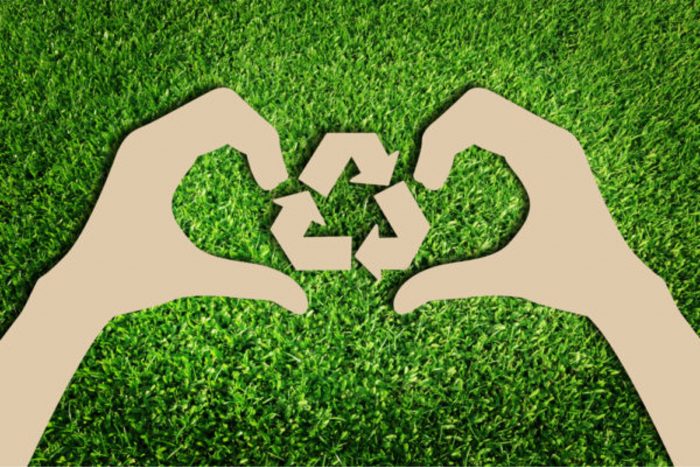


Needs Less Water
Hemp has the miraculous ability to irrigate itself naturally, which means it requires very little water to grow. This sets hemp apart from other plant-based milk options like soya or almond and other natural fibre plants like cotton which are very thirsty indeed.
No Use of Pesticides
Unlike other natural fibres like cotton or flax, another environmental benefit of hemp is that it doesn’t require any pesticides or herbicides to grow. Exposure to these nasties has been proven to cause environmental problems like water contamination, and has also been linked to health issues like cancer. A potential solution? Use hemp all over the world and reduce the amount of toxins and pollutants in our air and water.
Regenerates the Soil
The stem and leaves of the hemp plant are jam-packed with nutrients. As the plant matures and the seed grows, leaf matter falls to the ground and decomposes replenishing the soil with goodness ready for the next crop. And after harvesting, the remnants of the hemp plant can be returned to the soil to make for a richer yield the following year, making another influential environmental benefit for hemp.
Sustainable Farming
An important aspect Sustainable farming is all about rotating crops according to the season in order to keep soil nutrients up. Because hemp is an annual crop which grows within just four months of being planted, it’s an ideal candidate for rotation and makes for a wonderful environmental benefit for hemp. Farmers all over the world rejoice – this means richer, cleaner soil and a greater crop yield.
Every Part of the Plant has a use
Did you know that hemp can be used to produce over 25,000 products?! That means that absolutely nothing goes to waste with this plant. Another miraculous environmental benefit of hemp, once harvested the seed is used to produce healthy food products, the flowers are leaves are used to make beauty products and the stalk for natural fibre.
Fights against deforestation
Scientists across the world now believe that within 100 years, there will be no rainforest. But there is hope in hemp. While trees take years to mature, hemp can be grown in just four months. The plant could therefore replace trees as the source of raw material for paper. Hemp is good for the planet, and it might just save it.

